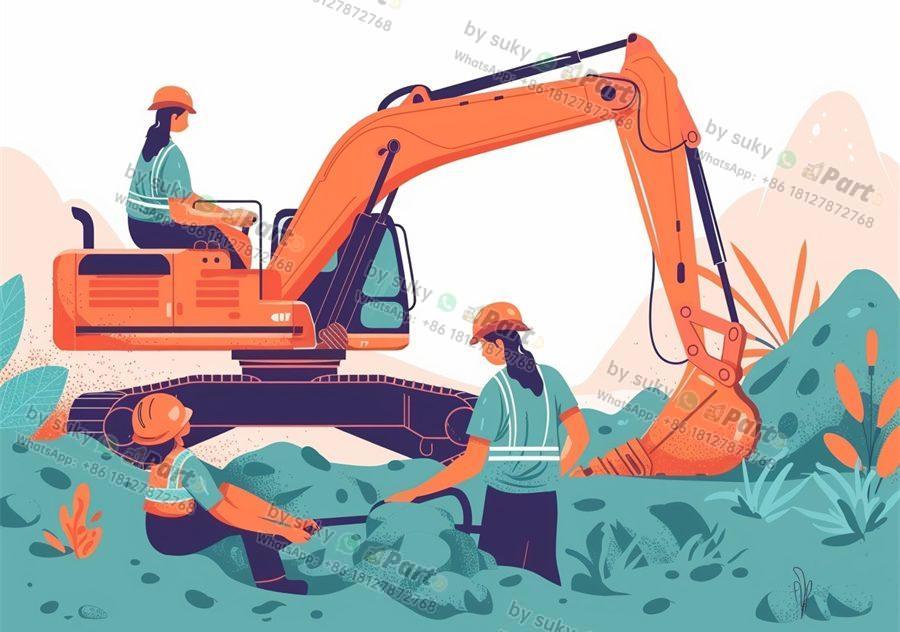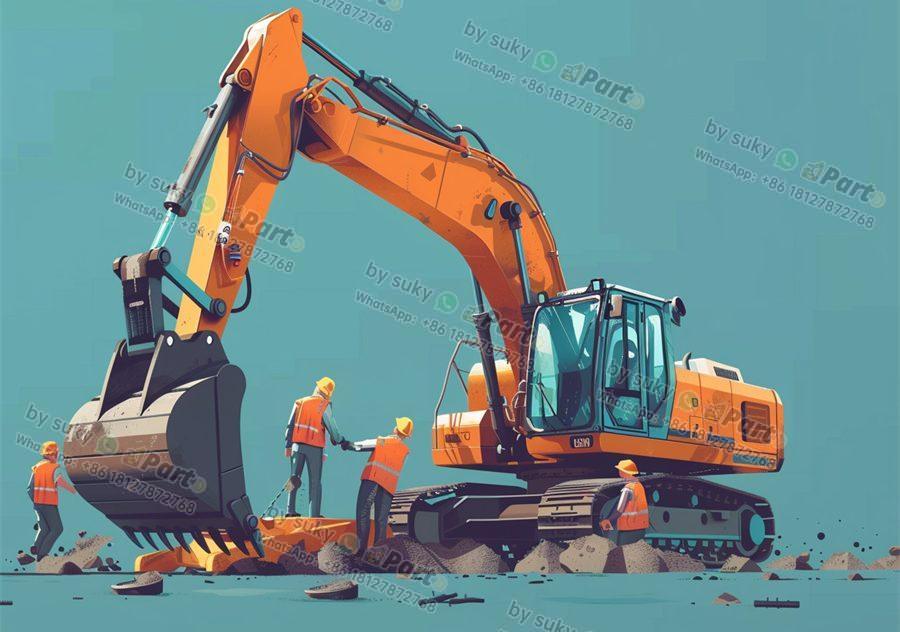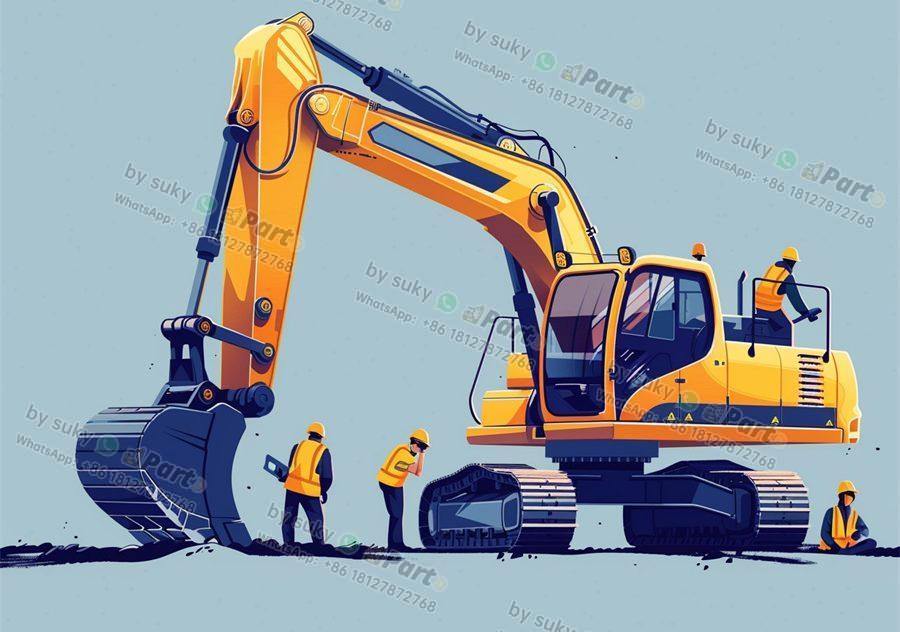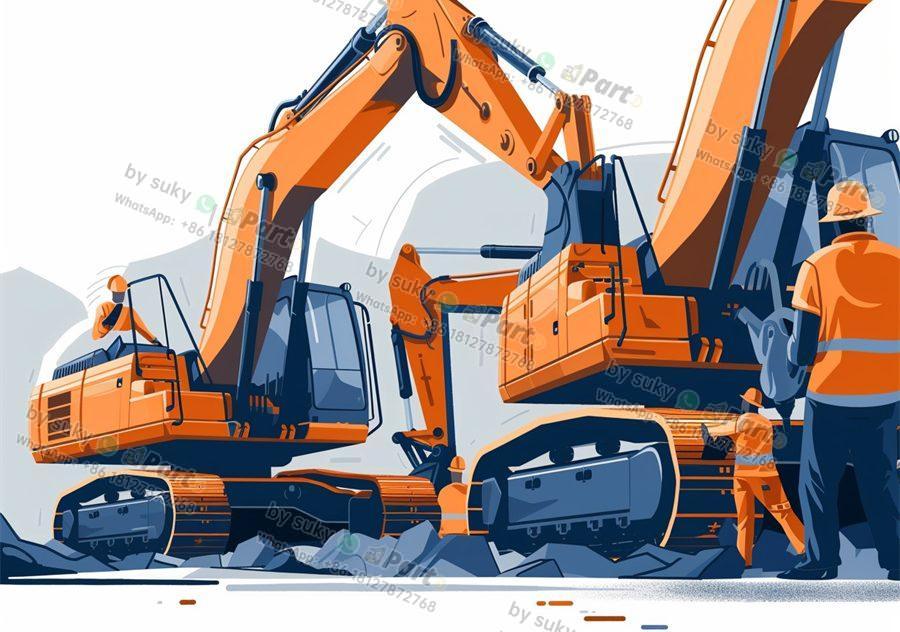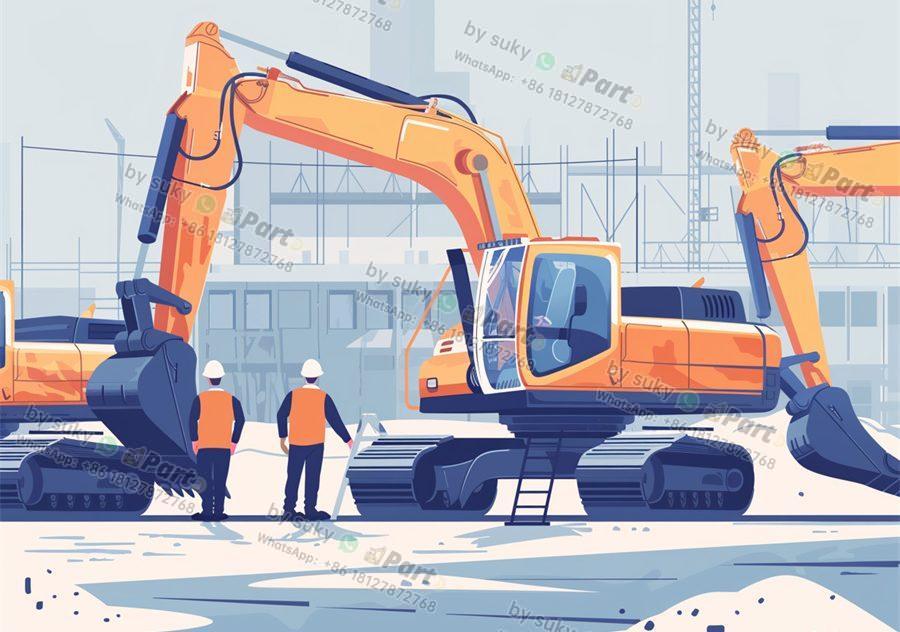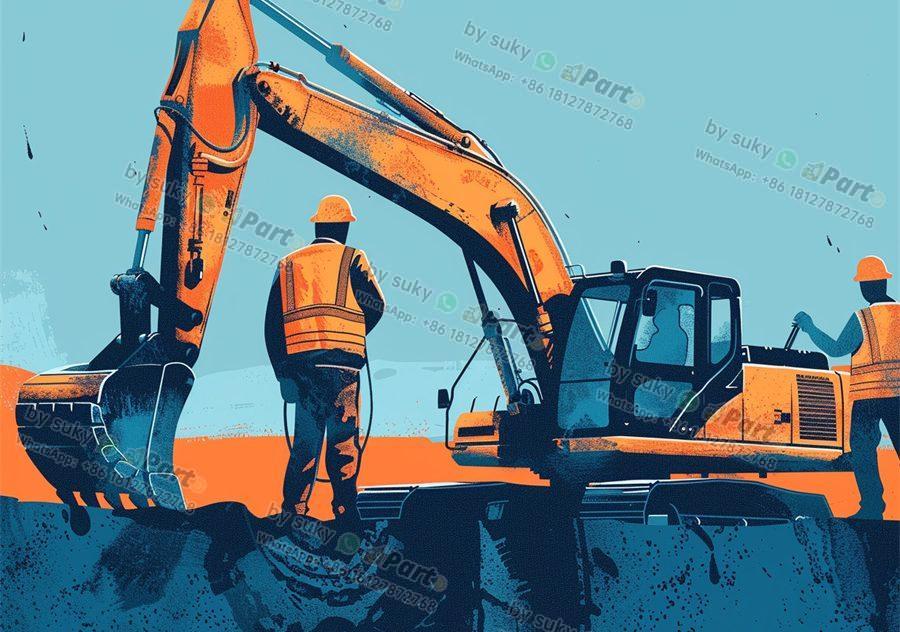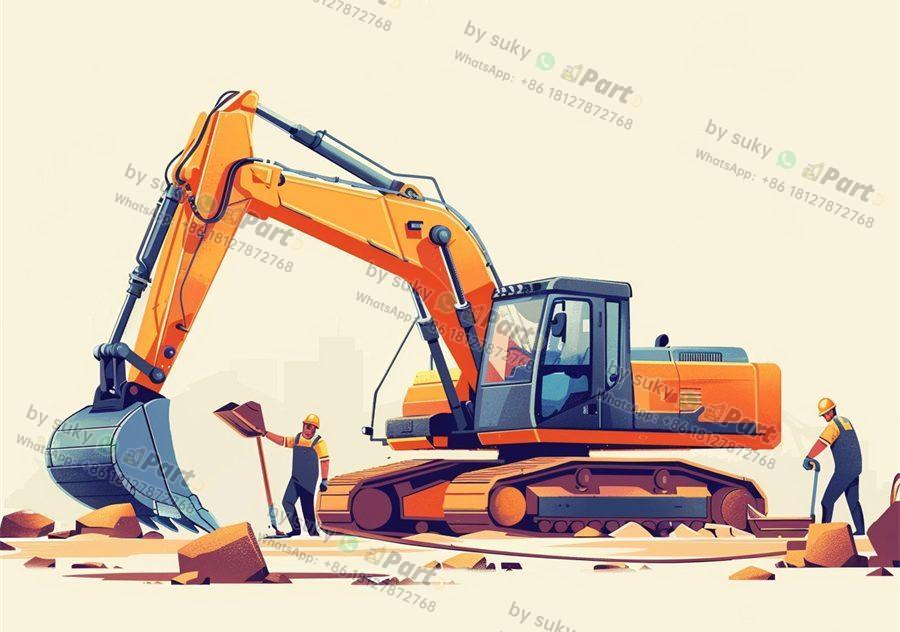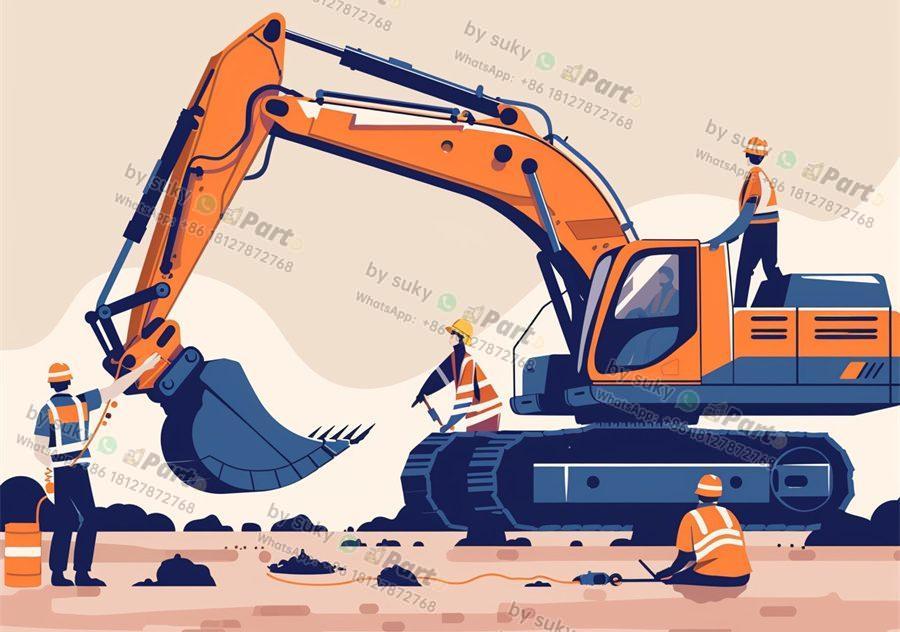Proper maintenance of Caterpillar machinery is crucial for ensuring optimal performance and longevity. Importers and distributors of heavy equipment parts must understand the importance of regular maintenance to prevent costly downtime and repairs.
Regular Maintenance Extends Machinery Lifespan
Caterpillar machinery is built to withstand tough working conditions, but without proper maintenance, it can degrade quickly. Regular servicing, fluid checks, and component inspections can help identify and address minor issues before they escalate into major problems. By adhering to the manufacturer’s maintenance schedule, importers and distributors can help their customers get the most out of their equipment investment.
Prevent Costly Downtime with Routine Inspections
Unexpected breakdowns can result in significant financial losses for businesses that rely on Caterpillar machinery. By performing routine inspections, importers and distributors can help their customers identify potential issues before they lead to costly downtime. Regularly checking wear parts, filters, and fluids can help prevent unexpected failures and keep machinery operating smoothly.
Ensure Safety and Efficiency
Proper maintenance not only extends the lifespan of Caterpillar machinery but also ensures the safety of operators and those working in the vicinity. Machinery that is well-maintained operates more efficiently, reducing fuel consumption and emissions. Importers and distributors play a key role in promoting safety and efficiency by emphasizing the importance of regular maintenance to their customers.
In conclusion, proper maintenance is essential for maximizing the lifespan, safety, and efficiency of Caterpillar machinery. Importers and distributors of heavy equipment parts should educate their customers on the importance of regular servicing and inspections to prevent costly downtime and repairs. By prioritizing maintenance, businesses can protect their investment and ensure that their machinery operates at peak performance.

